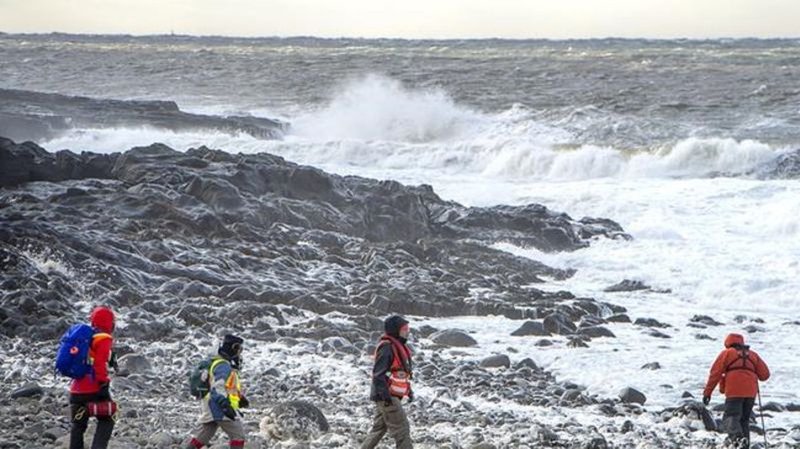
More provinces to start shots and hunt for virus origins: In The News for Dec. 16
In The News is a roundup of stories from The Canadian Press designed to kickstart your day. Here is what’s on the radar of our editors for the morning of Dec. 16 …
What we are watching in Canada …
More provinces are planning to administer their first doses of the COVID-19 vaccine today.
Manitoba says high-priority health workers will be getting the Pfizer-BioNtech vaccine.


